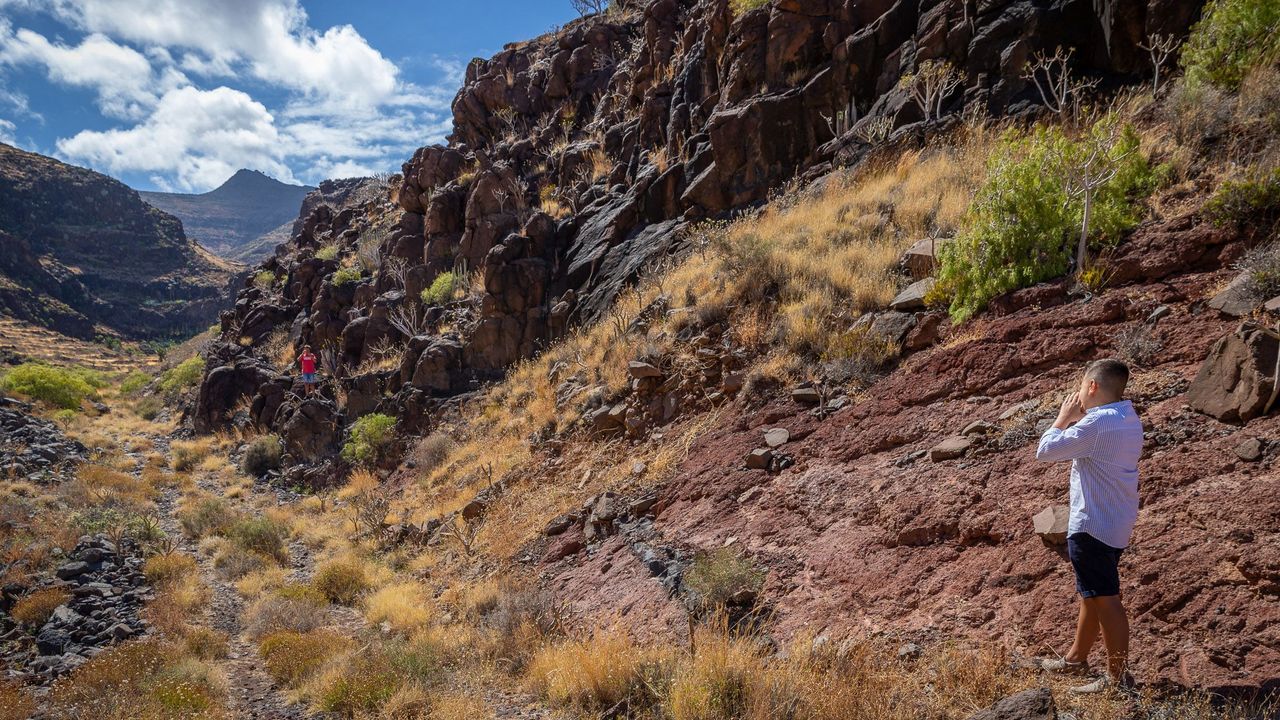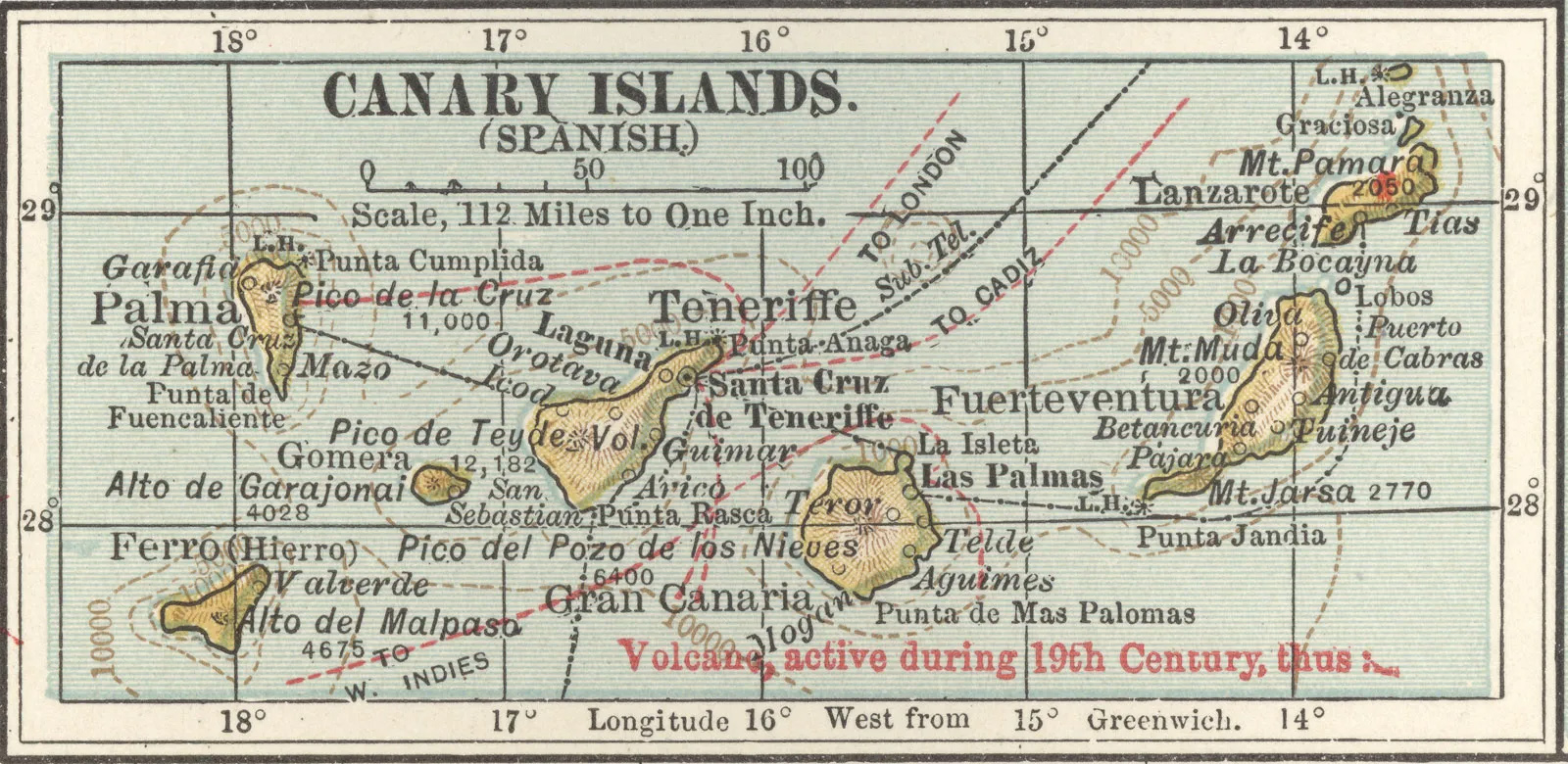
THE SPANISH ISLAND THAT COMMUNICATES BY WHISTLE
The Canary Island of La Gomera is home to an ancient whistling language known as Silbo Gomero, which is currently experiencing a revival. In the Barranco de Ávalo ravine, two local 12-year-olds were observed practicing Silbo Gomero with their teacher, demonstrating the unique communication method using six distinct sounds.

Despite the prevalence of modern technology, Silbo Gomero has been a compulsory subject in schools since 1999, ensuring its preservation among the island’s 22,000 residents. This initiative, led by retired teacher Eugenio Darias, aims to instill confidence in using the whistle language while preventing its extinction.

Whistle languages exist in various forms around the world, with Silbo Gomero being one of the most studied. It utilizes condensed sounds to mimic spoken words, with experienced whistlers able to discern speakers by their unique “accent.” The language’s origin dates back to at least 1402 during the Spanish conquest of the Canary Islands, likely adapted from the communication methods of the indigenous Guanches.

Silbo Gomero’s practicality in La Gomera’s rugged terrain allowed locals to communicate across long distances, facilitating tasks like announcing events, requesting livestock, or warning of danger. However, by the mid-20th century, factors such as emigration and technological advancements led to the decline of the language.
Efforts to preserve Silbo Gomero have been crucial in safeguarding this cultural heritage. While its use has diminished outside of educational settings, it remains relevant in areas with no phone connectivity, such as among goat herders. Despite the dominance of modern communication methods, Silbo Gomero continues to serve as a unique and valuable aspect of La Gomera’s cultural identity.


